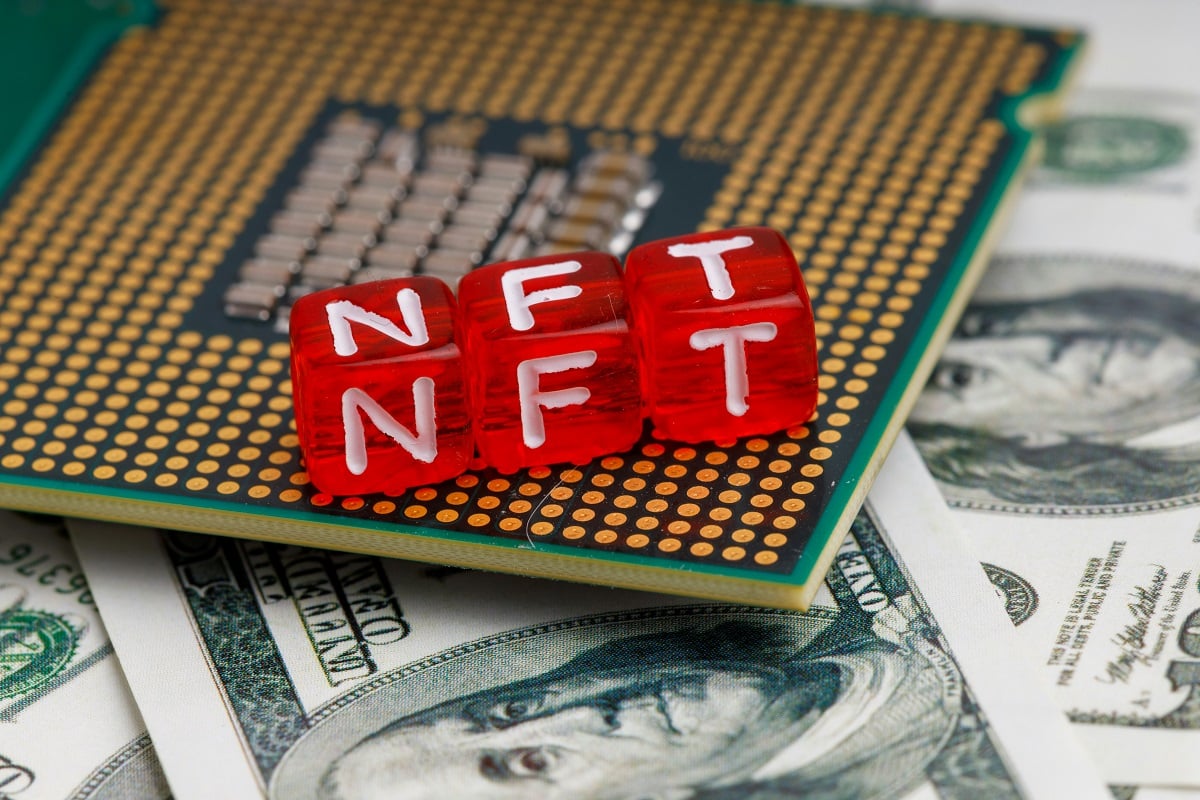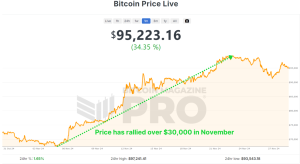
- Jupiter, a leading DeFi exchange aggregator on Solana, is gearing up for a token airdrop following the successful launch of meme coin WEN.
- Solana’s scalability and reliability were tested during WEN’s airdrop, with over 570,000 wallets claiming tokens without downtime.
Jupiter, the largest decentralized exchange aggregator on Solana and all of DeFi prepares for its long-awaited token airdrop scheduled for January 31. This event, marked by the recent launch of the meme coin called WEN, is set to test Solana’s scalability and operational integrity while showcasing Jupiter’s commitment to a unique approach to token distribution.
Jupiter dev Ming Ng and the Ovols team recently introduced WEN, a meme coin created using Solana’s new token extensions and launched through Jupiter’s LFG launchpad. This move has ignited excitement within the crypto community as it precedes the highly-anticipated airdrop.
WEN was airdropped to over a million wallets, including active Jupiter users, top NFT collection holders, and Genesis Saga phone holders, rapidly attaining a total value exceeding $100 million. While it may appear to generate hype for the upcoming token launch, WEN serves as a proof of concept for the WEN New Standard (WNS), a lightweight token standard for NFTs on Solana, further showcasing the blockchain’s capabilities.
The WEN airdrop event tested Jupiter’s infrastructure, the bot mitigation measures, and the Solana network as a whole. Over 570,000 wallets claimed the airdrop, and remarkably, Solana maintained its impressive 100% uptime streak amid high demand. This test validated Solana’s ability to handle high-volume events efficiently, demonstrating its scalability and reliability, vital qualities in the world of DeFi.
The Upcoming JUP Airdrop: A Significant Test for Solana
As excitement builds within the crypto community, the impending JUP token airdrop, set to include over 900,000 wallets, poses a substantial challenge to Solana’s capabilities. This event is unprecedented for Solana, making it one of the most significant tests of its scalability and operational integrity thus far.
The Jupiter team has taken a distinctive stance on JUP token distribution. Unlike many projects that seek investments from high-profile brands and investors, Jupiter has chosen not to sell these tokens to investors, emphasizing accessibility and fairness in allocating its digital assets. Jupiter aims to differentiate itself in the cryptocurrency landscape with its commitment to this ethos.
Jupiter’s Impressive Trading Volume
According to the Jupiter Aggregator, Jupiter has emerged as one of the largest liquidity aggregators on the Solana blockchain, boasting a 24-hour trading volume of $406 million. This volume surpasses that of Uniswap v2, showcasing Jupiter’s significance in the DeFi ecosystem. Although it trails behind Uniswap v3, which had a 24-hour trading volume of $801 million at the time of writing, Jupiter’s presence is undeniable.
Of the 50% of JUP tokens allocated to the Jupiter team, only 20% will go to current team members, with a two-year vesting period. The remaining 20% will form a strategic reserve earmarked for future team members, strategic investors, and past Mercurial stakeholders.
These tokens, totaling 4 billion JUP, will be held in a 4/7 Team Cold Multisig wallet, requiring a majority consensus for any changes. The tokens will be locked for at least a year, with a six-month notice period before any liquidity event can occur.






















